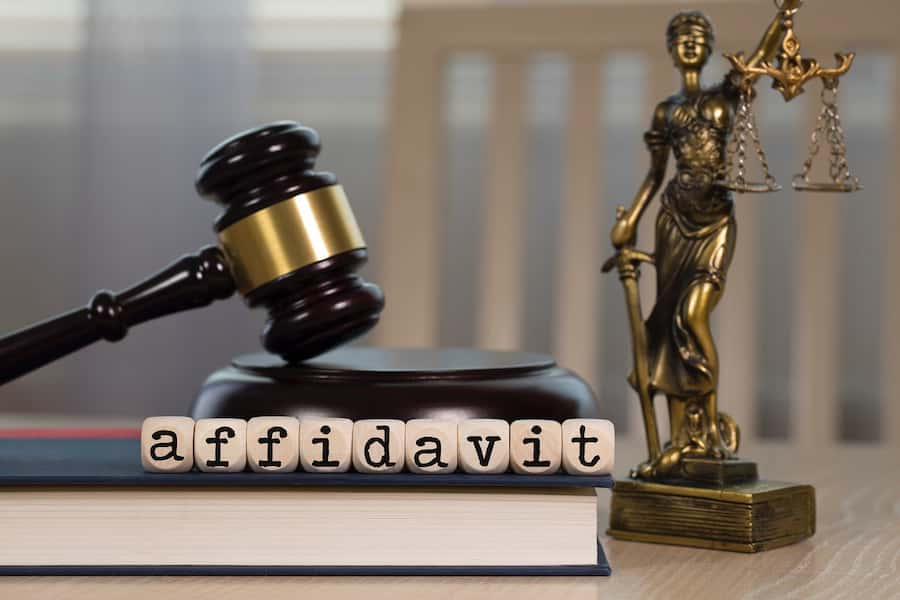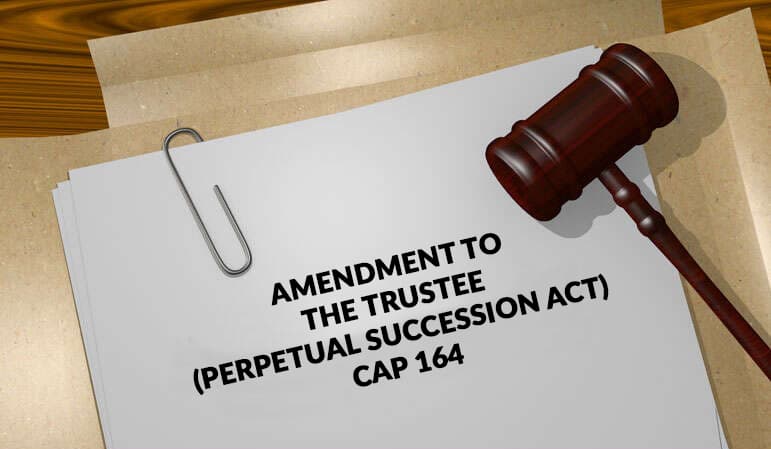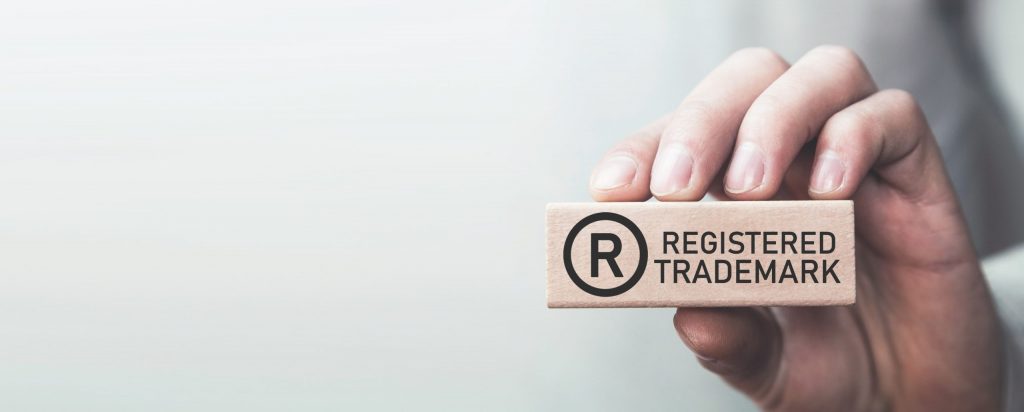UNREGISTERED TRADEMARKS FOR STARTUPS
INTRODUCTION
In the process of incorporating your startup, you were probably required to register a corporate name under which you would be doing business. A corporate name approved as part of the incorporation process allows your company to operate a business using that name within the territory registered. If your corporate name is not identical to the name of your business as it appears to your customers, you would also need to register the latter as a “business” or “trade” name.
Trademarks are key brand assets for every business. Your customers associate them with your company and its reputation and they help distinguish your products and services from your competitors in a crowded marketplace.
For some startup companies, trademark registration may not initially be seen as a top priority. Having not yet acquired a reputation to protect, and having limited financial resources, companies may be reluctant to incur the expense. There is however an alternative to protect your goods and services in the form of unregistered trademarks.
What are Unregistered trademarks
An unregistered or common law trademark is an enforceable mark created by a business or individual to signify or distinguish a product or service. Which means an unregistered trademark up to some extent, can protect your brand within the scope of your geographical market or practice area.
While opening your business, you need to undertake utmost research to find out no other similar mark exists during adoption and starting the business.
To have rights to an unregistered trade mark, you must demonstrate:
- consumers sufficiently recognize the trade mark as your business brand; and
- your goods and services have a sufficient reputation in the market.
If you own an unregistered trade mark, you may want to use the ‘TM’ symbol. Owners of unregistered trademarks use this symbol to notify the public that they intend to protect their distinctive trade mark from being copied or misused.
How to enforce rights over unregistered trademarks?
As the owner of an unregistered trade mark, you can enforce your rights if someone has:
- Passed off their own goods and services as your business’ goods and services;
Passing off occurs when a person wrongfully misrepresents their own goods and services as being associated with yours.
In order to successfully pursue a claim for passing off, you must:
- establish that your unregistered trade mark has established a strong reputation in the market;
- prove that the wrongdoer has made a misrepresentation; and
- prove that you have suffered or are likely to suffer damage because of the misrepresentation.
- Engaged in misleading or deceptive conduct
Generally, a person or business will mislead or deceive consumers if they lead them to believe that your business has endorsed their goods or services or your business produces their goods or services.
Risks and threats associated with the use of unregistered marks
- Limitation in Enforcement:
An unregistered trademark, however well-known, cannot afford grounds for opposition proceedings.
The Trademarks Act, under section 5, provides that no person shall be entitled to institute any proceeding to prevent, or to recover damages for, the infringement of an unregistered trade mark.
- Legal Remedies available differ and may be inadequate:
While the legal remedy for a successful passing-off action in the case of an unregistered trademark is limited to general and special damages under tort, the legal remedy in the case of a registered trademark affords the registered trademark owner, room for better compensation.
- Limitation in Licensing and other Means of IP Monetization:
The owner of an unregistered trademark cannot maximize the benefits of trademark licensing. No serious assignee or licensee of a trademark or any IP asset would rush to get into a licensing or assignment contract without evidence of registration.
A common law or unregistered trademark is legally weaker in such cases when compared with a registered trademark granted by statute. Even if you were the first adopter and user of your brand name, the person or company owning the registered trademark has an upper edge to exercise their rights until you invalidate their trademark on the basis of your prior adoption and usage.
So, while unregistered trademarks enjoy certain limited rights, the best approach for most businesses is to register your trademark if possible.
How can we assist you?
At Netsheria International, we have an experienced team of lawyers who can offer you legal assistance in registering trademarks for your business. Please contact us for our services at info@netsheria.com or visit our website at https://netsheria.com/ for more information on our services.






